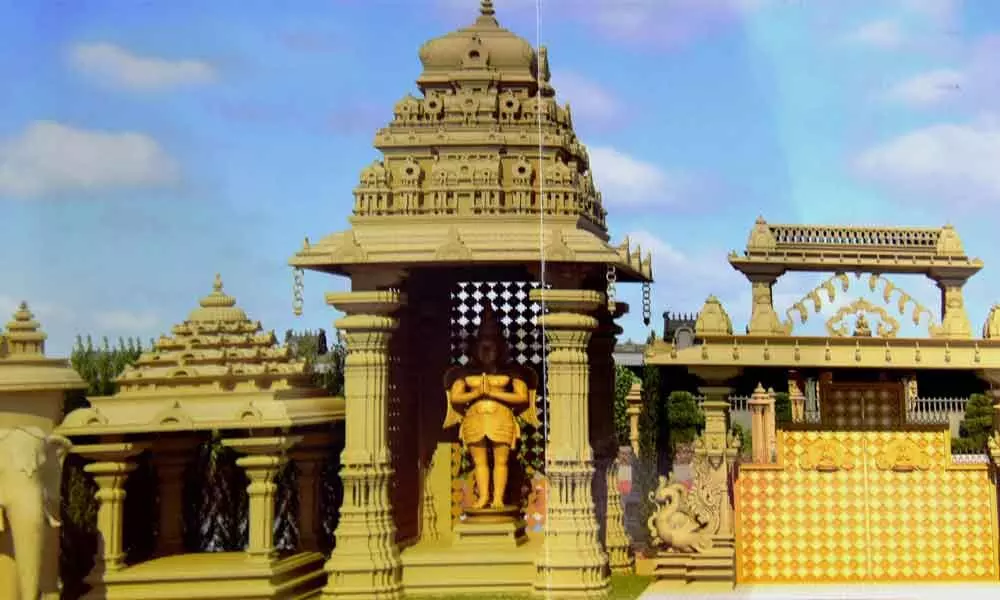The Visishtadvaita: Philosophy of Sri Ramanuja

The Visishtadvaita: Philosophy of Sri Ramanuja
These days we hear a lot about the word Visishtadvaita. What does that mean. Scholars say it is called so because it inculcates the Advaita or oneness of God.
These days we hear a lot about the word Visishtadvaita. What does that mean. Scholars say it is called so because it inculcates the Advaita or oneness of God. It means that God alone exists. All else that is seen are his manifestations or attributes.
According to Sri Ramanuja, the attributes are real and permanent. But, they are subject to the control of the one Brahman (God).
Ramanuja's celebrated system of philosophy is known as Visishtadvaita or qualified monism.
Visishtadvaita philosophy is Vaishnavism. The Sampradaya of Ramanuja's cult or creed is known as Sri Sampradaya. His followers are Vaishnavas. Ramanuja systematised the philosophy of Vaishnavism. 'Sri' or the Goddess Lakshmi is made to have an important function to perform in the salvation of the soul.
Ramanuja accepts perception, inference and scripture as valid sources of knowledge. The Vedas and the Smritis are the sole and independent authority for the knowledge of Brahman.
Ramanuja identifies God with Narayana who dwells in Vaikuntha with his Sakti or consort, Lakshmi. Lakshmi is the Goddess of Prosperity. She is the Divine Mother. She pleads with Her husband on behalf of man. She introduces the devotee to Her Lord and obtains for him salvation. Lakshmi occupies a pre-eminent place in Vaishnavism.
Ramanujacharya's works such as the Gitabhasya and the Sribhasya contain certain concepts which can work for the harmony of all the sections of society.
He had great concern for all the people living in society. He was of course a samnyasin but this, in no way, came between him and the society. Samnyasa (renunciation) does not mean giving up all work in life. It means giving up the bonds of marriage and the duties involved in it; giving up all attachment to material things of life and establishing oneself in God (sam+nyasa) (One does not attain to a state of transcending Karmayoga by not undertaking the works.
Nor does he attain success merely by the giving up works which are already begun.) One has to help others cross the ocean of worldly existence. A realised soul has a moral and spiritual obligation to come to the rescue of the common man, the uneducated man, who, without proper guidance will fall into the cycles of births and deaths.









